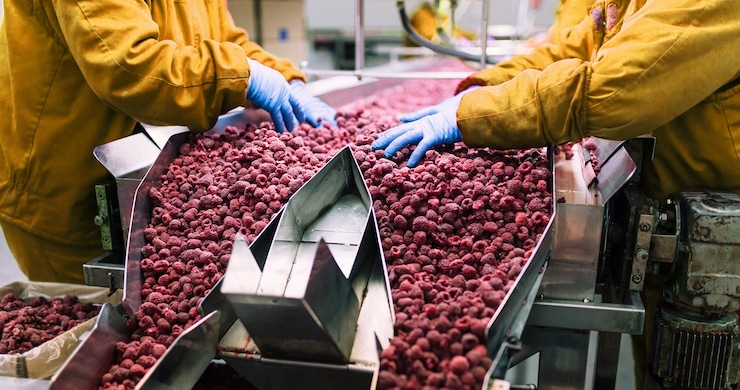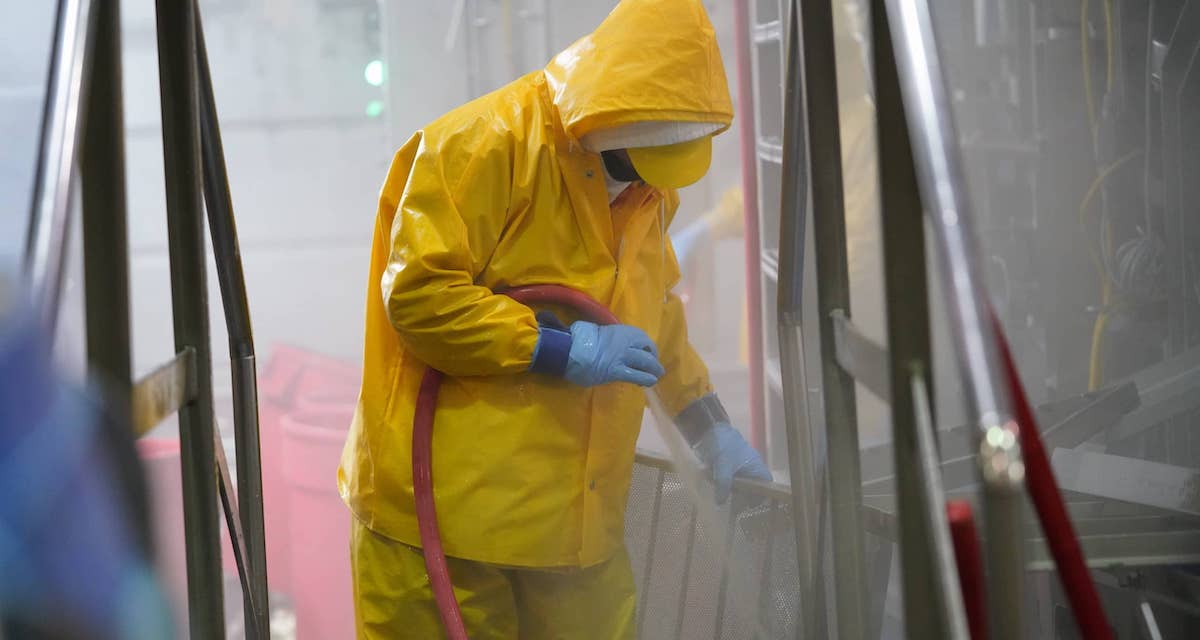Insider Insights - Blog | Zosi Learning

Trending Topics
HACCP Food Defense Kosher EMP Leadership Internal Auditing SQF PCQIAdvance Your Food Safety Culture with a Stronger Sense of Purpose

Regulations are essential in protecting the quality of foods everywhere. But they can only go so far. Food safety can only truly be effective when it’s part of a mature food safety culture. Part of that culture involves understanding who is responsible for food safety and why it’s important. Some frontline workers might say it’s […]
New Customizable Food Safety Culture Training Program Drives Continuous Improvement and GFSI Compliance
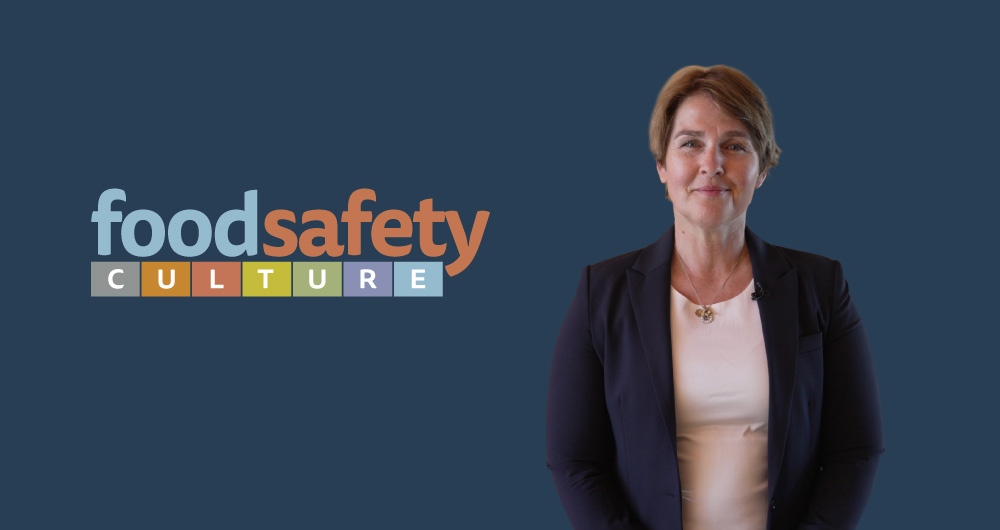
Intertek Alchemy is excited to announce a new online food safety culture training program for food industry leaders that builds and maintains an informed culture coalition within their organizations. The unique solution includes GFSI-based food safety culture instruction, complimented with a best practice case study and a food safety culture gauge that provides custom action […]
Companies Turn to PCQI Trained Professionals to Lead Food Safety Efforts
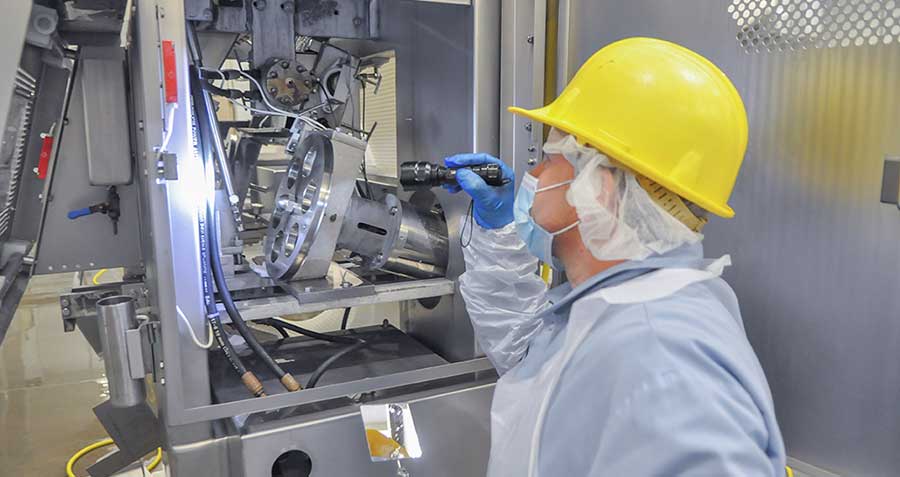
America benefits from one of the safest food sources in the world. But what does it take to keep it that way? At the end of the day, it all comes down to people, especially the Preventive Controls Qualified Individual (PCQI). The Food Safety Modernization Act (FSMA) created PCQI’s to establish a role that carries out […]
Subscribe to
Insider Insights

SQF Substitute Practitioners Explained
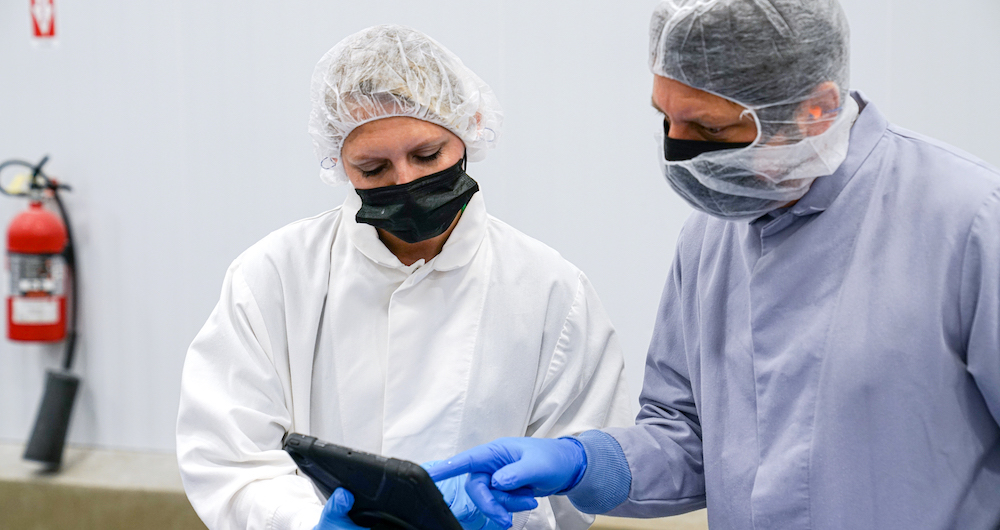
Under the Safe Quality Food (SQF) Code, Edition 9, substitute practitioners are now a mandatory component of your organization’s regulatory compliance. According to 2.1.1.4, Part B of the new SQF Code , site managers must designate a primary and at least one substitute practitioner for every site.
The Who, What, When and Why of PCQIs
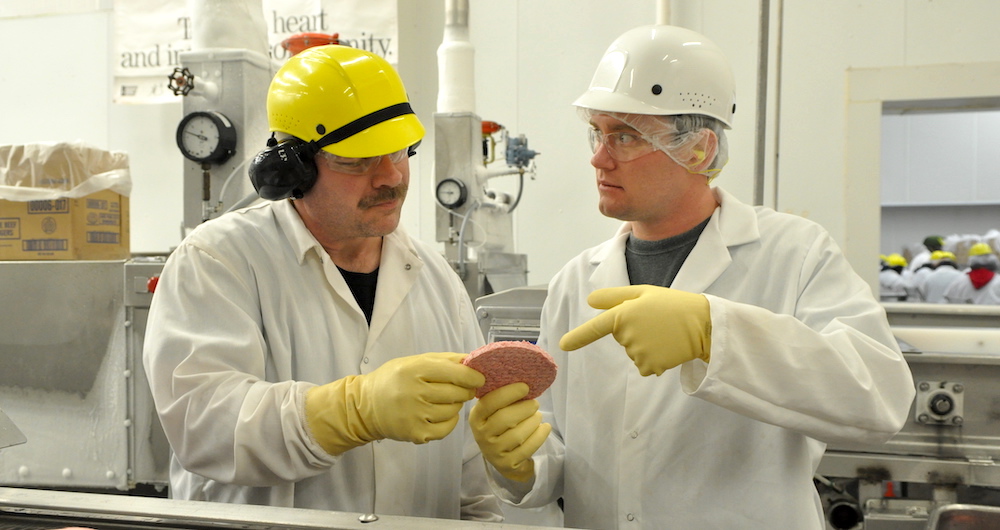
The Food Safety Modernization Act’s (FSMA) Preventive Controls for Human Food Rule ensures safe manufacturing, processing, packing, and holding of foods meant for human consumption in the US.
Addressing the 5 Dimensions of Food Safety Culture
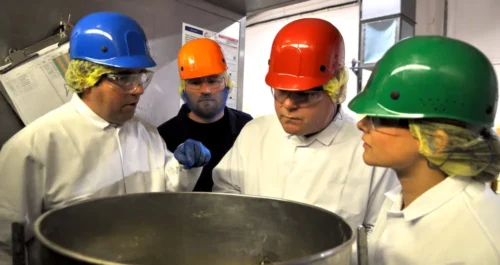
Safety culture, more specifically food safety culture, has been a focus more and more in the workplace as a key factor in providing the best possible product for your consumers.
What is the Plan-Do-Check-Act (PDCA) Cycle?
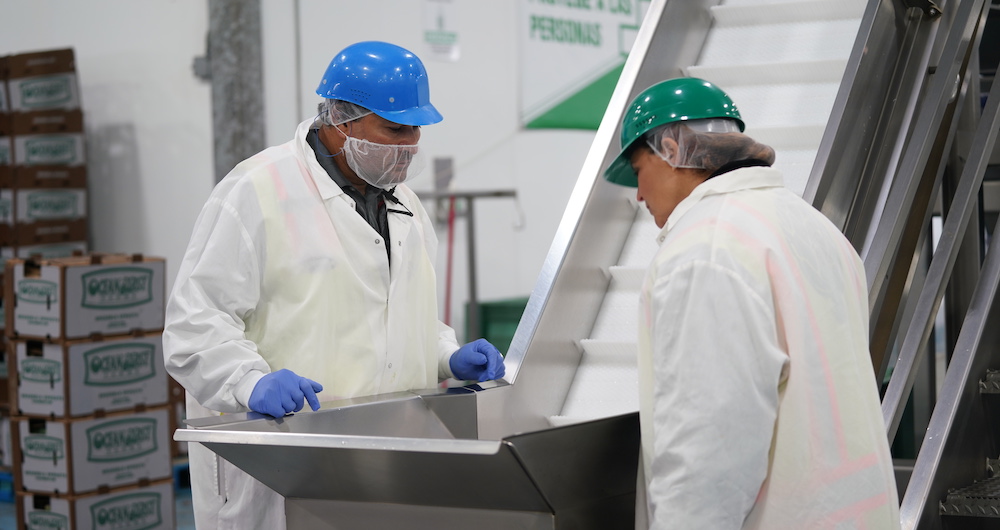
PDCA stands for Plan Do Check Act. The PDCA cycle is a four-step quality management method used in business for the control and continuous improvement of processes and products. It’s also known as the Deming cycle, the Shewhart cycle, the control cycle, or PDSA (Plan Do Study Act).
Getting Guidance on FSSC 22000: Benefits & Purpose
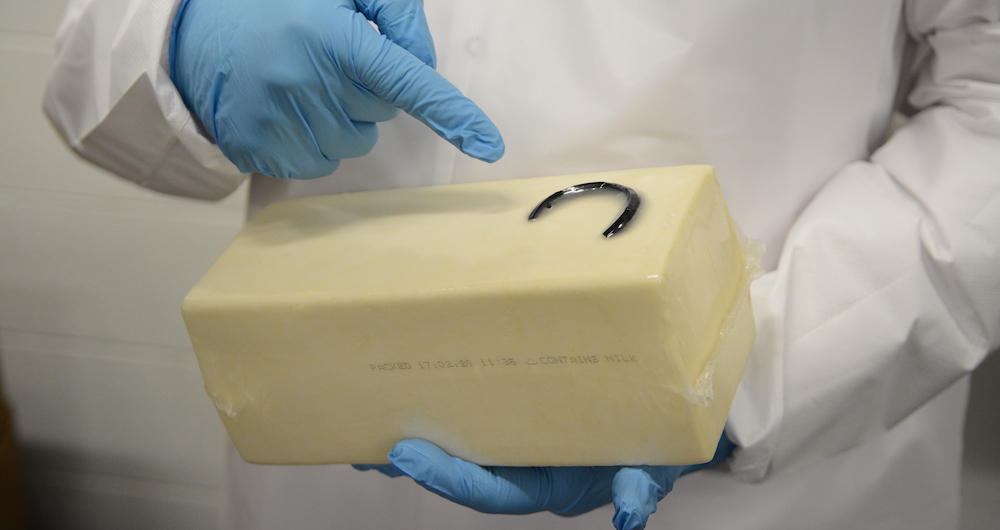
More and more, consumer become concerned about food safety. Incidents of foodborne illness and recalls are seemingly ubiquitous as supply chains globalize and controls struggle to keep up. Manufacturers must make efforts to address these vulnerabilities in their processes. One way to do so is to adopt a widely recognized food safety and quality standard, […]
FDA-Recognized Food Allergens

Under the Food Allergen Labeling and Consumer Protection Act (FALCPA) the FDA recognizes the following food allergens in the US:
Improving Risk Communication for Your Consumers
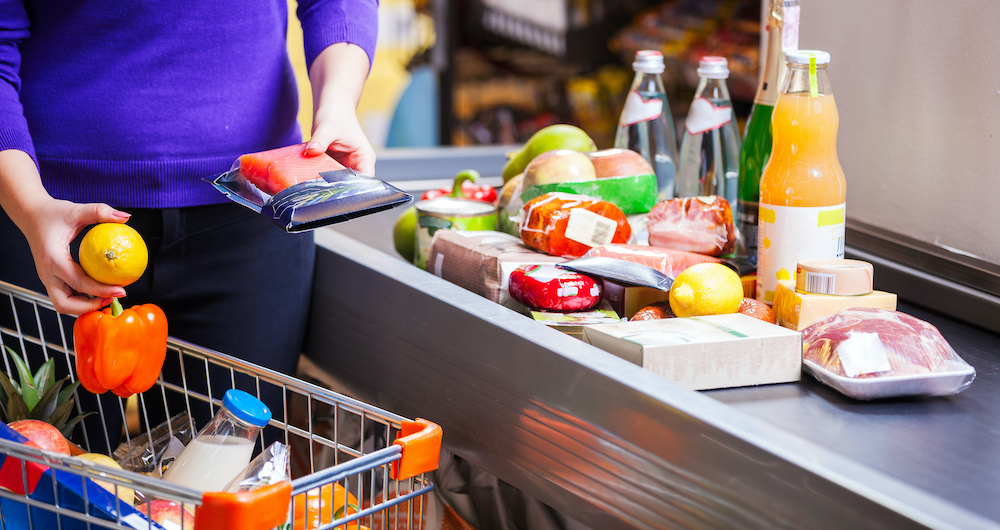
Food safety, both at home and at large, is an increasingly complex enterprise. These dynamic and multifaceted systems necessitate increased transparency in communicating food safety information to all parties from farm to fork.
Your Guide to the Seven HACCP Principles
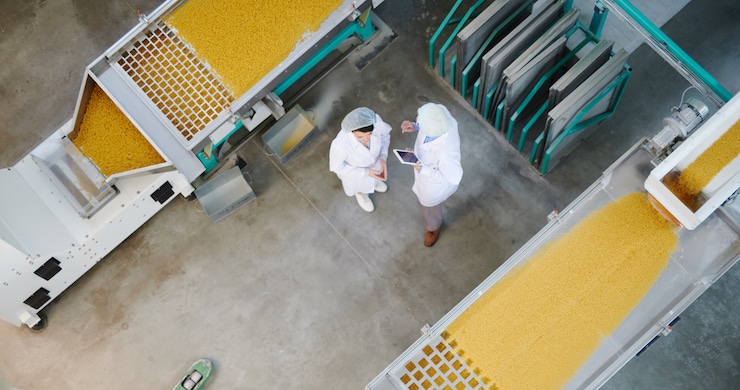
What is HACCP and where did it come from? HACCP, which stands for Hazard Analysis and Critical Control Point is a system that prioritizes and controls potential hazards in food production and its supply chain, arose around the 1960s.

